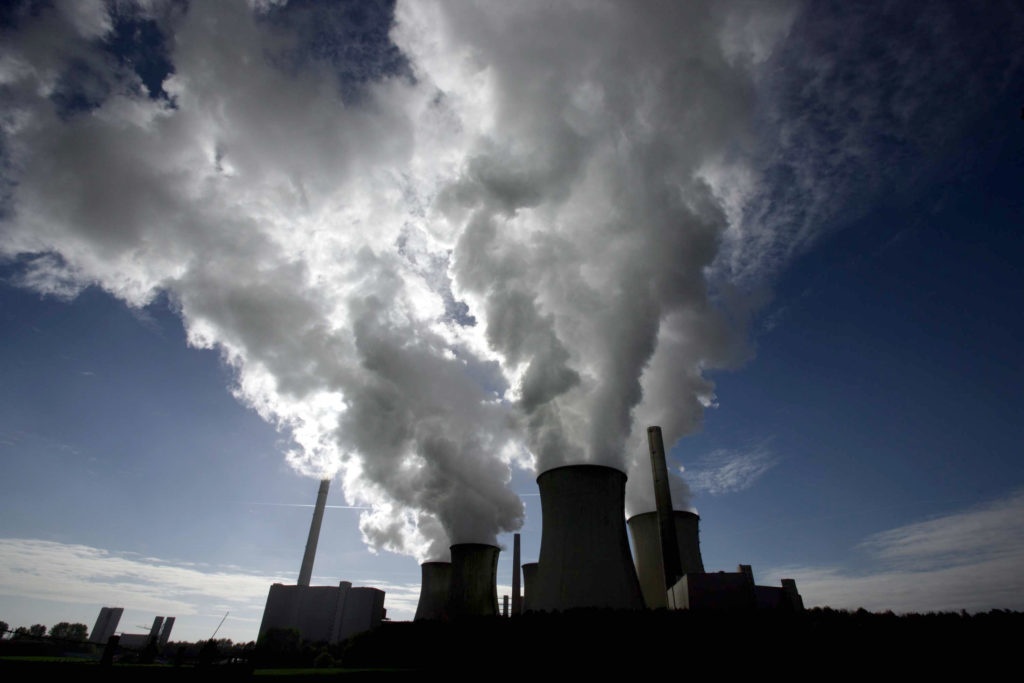
FirstRand Ltd, Africa’s biggest bank by market value, has committed to disclosing its fossil fuel-related assets and lending but said it can’t meet a deadline requested by some investors.
A resolution to produce that information by October next year wasn’t passed at the Johannesburg-based company’s annual general meeting on Thursday. However, shareholders backed FirstRand’s decision to publish its policy for lending to fossil-fuel projects. FirstRand became the second South African company to table climate risk-related resolutions after Standard Bank Group did so in April.
“It’s a big step forward,” said Tracey Davies, director of South African shareholder activist organization Just Share. “We appreciate that it’s complex and that a lot of work needs to be done and that works takes time, but we are saying you have to start somewhere.”
Pressure is growing on South African companies to take action on climate change in a country that generates almost all of its electricity from coal. That means the nation’s greenhouse gas emissions almost match those of the U.K., which has an economy eight times larger.
On Wednesday Sasol Ltd., a chemicals producer that’s the country’s second-biggest polluter, refused to table a resolution at its annual general meeting demanding more clarity on its climate change strategy.
FirstRand was included in a survey of South Africa’s biggest polluters and banks regarding their attitude toward climate change matters. The survey, conducted by Cape Town‘s Centre for Environmental Rights, criticized the measures FirstRand and other banks have taken to detail their exposure to climate change matters.
Of South Africa’s five biggest banks, only Nedbank Group Ltd. discloses the proportion of its assets exposed to carbon-related assets, the CER said.
After being quick to recognize the risks of climate change almost a decade ago, Just Share said FirstRand’s progress has stalled. It wants the bank to clarify the extent to which its lending and investing hinders the transition to a low-carbon economy and to disclose whether it’s financing new coal-fired power stations.